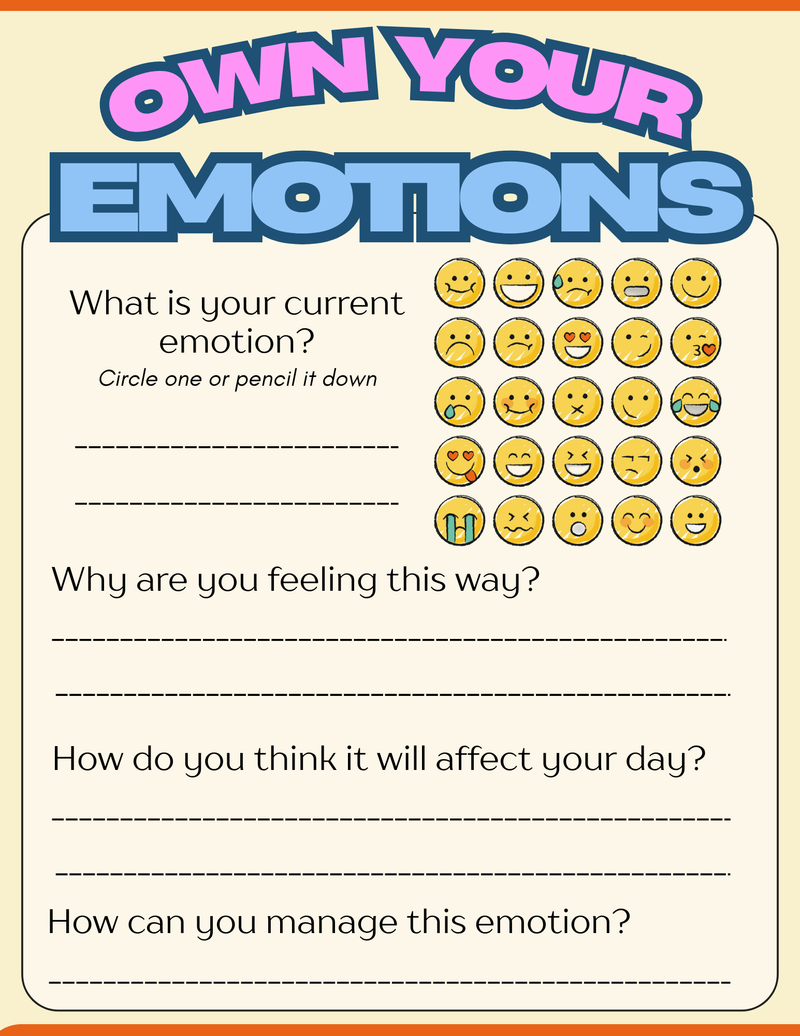Have you ever wondered why some managers are very liked by employees and some aren't?
This all comes down to how a manager exercises emotional intelligence skills to connect with the team.

What Is Emotional Intelligence?
"Emotional intelligence refers to the ability to perceive, understand, and manage one’s own emotions and relationships."
 Photo by Alexas_Fotos on Unsplash
Photo by Alexas_Fotos on UnsplashEmotional intelligence (EQ) is a powerful skill set for managers to develop. Recognizing your emotions and those of others allows you to respond to situations more thoughtfully and make better decisions.
Having a high level of EQ leads to clearer communication and stronger relationships with your team. It allows you to have an approachable leadership style that encourages empathy and fosters trust.
Mastering EQ is important, but it doesn't have to be complicated. Not sure where to begin? Start by mastering these three emotional intelligence skills.
1. Self-Awareness
Self-awareness is the ability to perceive and understand your emotions and how they transfer to your behaviors when dealing with situations.
Recognizing and naming emotions is an important step in managing emotions instead of ignoring them. Having clarity about your emotions can help you make more sound judgments as a leader and foster better relationships with your team.
Imagine this:
You just heard some sad news that Jane, one of your close colleagues, will be leaving the company.
Use the worksheet below as guidance to simulate a practice of self-regulation:
 Image created by the author using Canva. To hear an audio version of the information in the image above, click the play button on the audio player below:
Image created by the author using Canva. To hear an audio version of the information in the image above, click the play button on the audio player below:
2. Self-Regulation

"Self-regulation refers to the ability to control your behavior and manage your thoughts and emotions in appropriate ways."
You're human and you have feelings but your response is a choice. Self-regulation is about that tiny boundary between pause and reaction. A great manager can respond with intention, not emotion.
Imagine this:
Liam, the store manager of a clothing shop, arrives at work. He notices that products haven't been restocked and displays have been misplaced. Which reaction demonstrates self-regulation?
A. Liam goes straight to the overnight staff and starts interrogating them.
B. He decides to pause for 10 seconds before approaching the overnight staff to get more context.
C. Liam is mad, but he hasn't had a good sleep and doesn't want to deal with the situation. He decides to ignore it.
Quiz
Which reaction demonstrates self-regulation?
3. Social Awareness & Empathy
Can you guess what feelings are likely associated with these expressions? And how will you respond to these feelings as a manager?
 Photo by Олег Мороз on Unsplash
Photo by Олег Мороз on UnsplashTo master emotional intelligence skills in leadership is to have the ability to read cues, understand the context, and offer support with empathy.
Imagine this:
David, one of your sales reps, is about to give a huge presentation to upper management. You notice his body language is a bit tense, his facial expression seems worried, and he's fidgeting. What should you do?
A. Ignore it. David will be fine once he starts the sales pitch with the rest of the team.
B. Call David out in front of the team and joke about his state of mind.
C. Pull David aside, have a chat with him, and offer support.
Quiz
How should you respond to David?
Take Action
Mastering the art of EQ will allow you to empower your team. When you truly understand and connect with your team, you create a work environment where the employees feel seen, heard, and supported. Be a manager who inspires your team so that they want to follow you.
 Photo by Quino Al on Unsplash
Photo by Quino Al on UnsplashKeep practicing your emotional intelligence skills. Every small moment of awareness and empathy shapes the kind of leader you are and the one you are still becoming.
Your feedback matters to us.
This Byte helped me better understand the topic.

